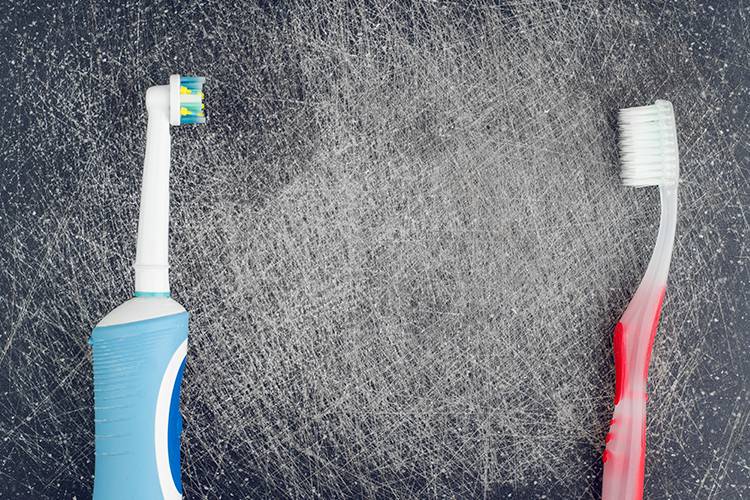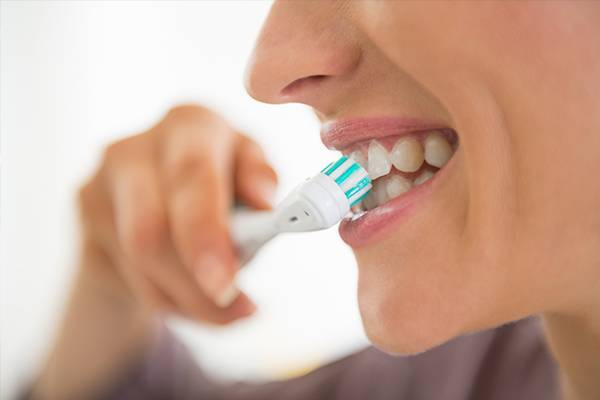Manual toothbrush or electric toothbrush, which is better?
The main goal of a toothbrush, whatever the type, is to eliminate plaque and stimulate the gums. To that end, what is more recommendable: a manual toothbrush or an electric toothbrush? Each time we go to buy a new toothbrush we’re posed with this question. Here are the pros and cons of both.
health and beauty
Share

The World Health Organisation (WHO) recommends brushing your teeth at least twice per day, for at least 2 minutes each time. For that purpose, whether the toothbrush you’ve always used or an electric toothbrush, we must choose the one that best suits our needs. Both can be equally effective when used correctly, although according to some experts certain electric toothbrushes are better than manual toothbrushes. Let’s see the advantages and disadvantage of each.
Electric toothbrush
• Scientific studies have demonstrated that electric toothbrushes reduce bacterial plaque more, which is responsible for cavities and gingivitis.
• The rotation speed of the head means that dental cleaning is completed in less time than with a manual toothbrush.
• It is not necessary to press so much in order to eliminate bacterial plaque, as such the risk of abrasion to the teeth is lower.
• Those who use electric toothbrushes often spend 20 to 40% more time brushing their teeth.
• Some latest generation electric toothbrushes tell you when 2 minutes have passed using an acoustic signal.
• Electric toothbrushes can make brushing your teeth more fun, making it easier to get children to complete the chore.
The best recommendation is to choose the one you are most comfortable with and are going to use the most often

Manual toothbrush
• They are more practical, lighter and easier to use than electric toothbrushes.
• Manual toothbrushes allow for a gentler brushing, which is preferable after a surgery, when there are stitches or painful areas.
• They are more economical.
• In the case of children, they are often used to using manual toothbrushes as the range of manual brushes adapted to the size of children’s mouths and hands is wider.
• They can also be recommendable for people that are wearing braces, as electric brushes can loosen wires or brackets.
Both types of brush have their pros and cons. The best recommendation is to choose the one you are most comfortable with and are going to use the most often. If you are not clear which to choose, you can always opt for a mixed cleaning by using a manual brush during the day and an electric brush at night.
Other brushing recommendations
• Brushes must be changed every 2 to 3 months. In the case of brushes with ultrasoft bristles it could be even less, and in the case of electric brushes, the frequency will vary depending on the recommendations of the manufacturer.
• Brushing must be done with fluoride toothpaste in order to prevent cavities.
• Brushing time does not change if you use either a manual or an electric brush.
• To guarantee an effective brushing following an order is recommended, starting with one side and finishing with another in order to not forget any area.
• It is recommendable to brush the tongue well, above all, at night.






